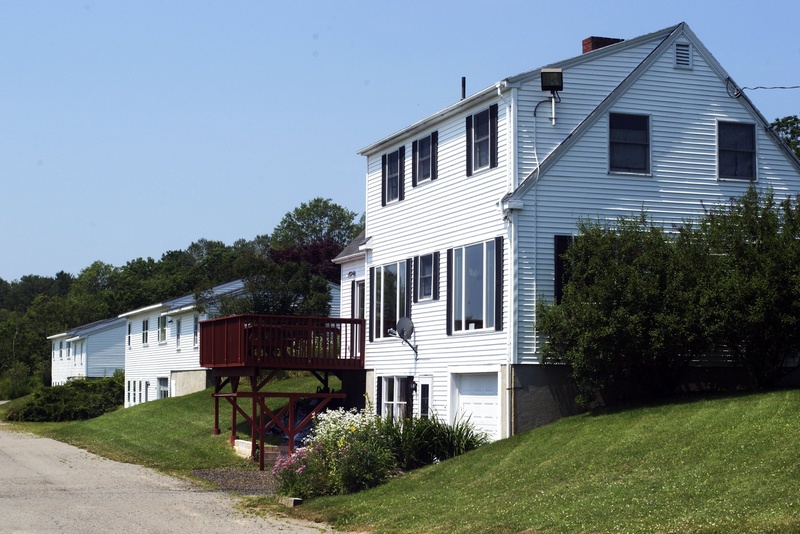While we’re still shaking our heads over the news that Maine State Prison Warden Patricia Barnhart was sold three state-owned houses in Thomaston for a bargain price and that the public was never even notified that the properties were up for sale or offered a chance to bid, we learn this: That kind of transaction is not only common, it’s the norm.
Not sales that involve state employees — those are illegal and, thankfully, rare. But there is nothing in state law that prohibits a state agency from selling a piece of land or a building without marketing it or even letting the public know about the deal. And those kinds of sales happen most of the time.
This was reported by Maine’s government watchdog agency, which conducted a study looking at five years of state property sales and found that only 13 out of 49 were marketed publicly. The rest were done quietly, with no attempt to solicit potential bids from those not in the know.
These kind of sales are not illegal, reported Beth Ashcroft, executive director of the Office of Program Evaluation and Government Accountability, known as OPEGA. The only state agency required to market sales to all bidders and report them publicly is the Bureau of Public Lands.
The OPEGA study found that there may have been good reasons not to advertise some of the sales, such as the ones between two state entities or those to people who have made significant private investment in publicly owned property. But as the Barnhart transaction shows, there is no mechanism in state government to evaluate the sales and determine which ones are appropriate.
The time is long overdue for writing a policy, set out in state law, that would make it clear which pieces of state property could be sold without a public process, and the list should be a very short one. There is no good reason, as several lawmakers pointed out Tuesday, to ever have a sale with no public notice at all.
The Department of Administrative and Financial Services, which was responsible for the sale in Thomaston, is under orders from Gov. LePage to create guidelines for future sales.
Those rules are expected to be complete in a matter of weeks, but the Legislature should go further and pass a law putting the guidelines into statute.
The public has a right to know when its property is sold, who is buying it and who brokered the deal. And in almost every case, the public should be given the chance to bid on the property, making sure that the people of Maine get the highest benefit from the transaction.
Copy the Story Link
Send questions/comments to the editors.



Success. Please wait for the page to reload. If the page does not reload within 5 seconds, please refresh the page.
Enter your email and password to access comments.
Hi, to comment on stories you must . This profile is in addition to your subscription and website login.
Already have a commenting profile? .
Invalid username/password.
Please check your email to confirm and complete your registration.
Only subscribers are eligible to post comments. Please subscribe or login first for digital access. Here’s why.
Use the form below to reset your password. When you've submitted your account email, we will send an email with a reset code.